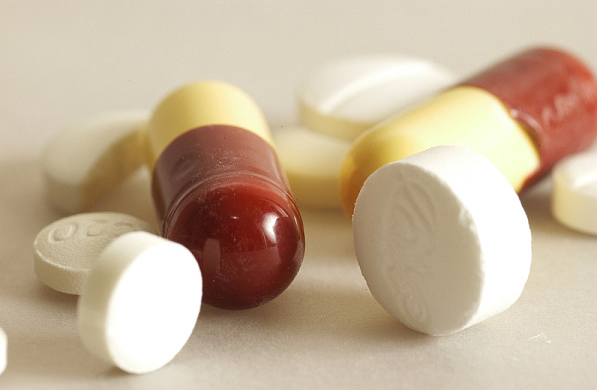 Drugs and medication used for dermatology/skin disorders have a reputation of being potent, and are actually avoided by a lot of patients here in Korea. There are a lot of false information and rumors about side effects going around regarding skin medication, that may be why patients shy away from prescriptions. True, there are some medications that can make you feel drowsy, but that also applies to pills for the flu or common cold. Medications for the skin are actually quite safe, and carefully selected by our dermatologists so that it will make your skin better and not worse.
Drugs and medication used for dermatology/skin disorders have a reputation of being potent, and are actually avoided by a lot of patients here in Korea. There are a lot of false information and rumors about side effects going around regarding skin medication, that may be why patients shy away from prescriptions. True, there are some medications that can make you feel drowsy, but that also applies to pills for the flu or common cold. Medications for the skin are actually quite safe, and carefully selected by our dermatologists so that it will make your skin better and not worse.Here are typical prescriptions you can expect from your dermatologist:
1. Antihistamines
Antihistamines block the receptors of histamine, therefore preventing the uncontrollable itchiness that occurs from dermatitis, hives, rashes etc. Some side effects might include drowsiness, thirst, or constipation, leading to the assumption that this medication is strong. However, antihistamines have been used by ENT doctors and internists for patients with various conditions such as allergic rhinitis and asthma. It is a safe medication that will not being any negative side effects even with prolonged consumption.
2. Steroids
Along with penicillin, steroids are considered one of the greatest discoveries in medicine to benefit mankind. It is used to treat various illnesses in many medical fields; in dermatology, it is an essential treatment for acute dermatitis.
The side effects of steroid use are largely overstated. The truth is that with the right prescription and dosage, steroids are quite effective and can be used even on newborn babies and pregnant women.
3. Antifungal Medication
In severe cases of athlete's foot or similar fungal infections, prescribed medications are required. In the past, such medication caused damage to the liver, causing preconceptions that are still prevalent today. However, recent antifungal medications are safe and effective for patients with healthy livers, if taken in the right amounts and time.
4. Acne Medication
Medicine for acne includes antibiotics and sebum control agents. Acne can occur in patients of all agents, which is why small amounts of antibiotics (less risk of developing tolerance) are generally prescribed.
If your skin shows no response to antibiotic treatment, sometimes sebum controlling medications are prescribed as well. If consumed during pregnancy, this medication can lead to possible fetal deformities and can be mistaken as strong. However, sebum control agents are common vitamin A derivatives that are free of side effects if prescribed correctly.
Website: www.rnmeskin.net
Phone number: +82-2-588-7525
Email: renewmeview@gmail.com
Facebook: www.facebook.com/rnmeskin (please 'like' us for updates!)
Line: skin0075
Kakao Talk: renewmeskin
Comments
Post a Comment